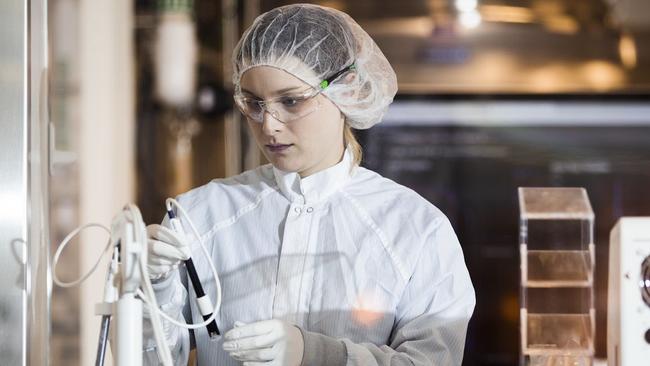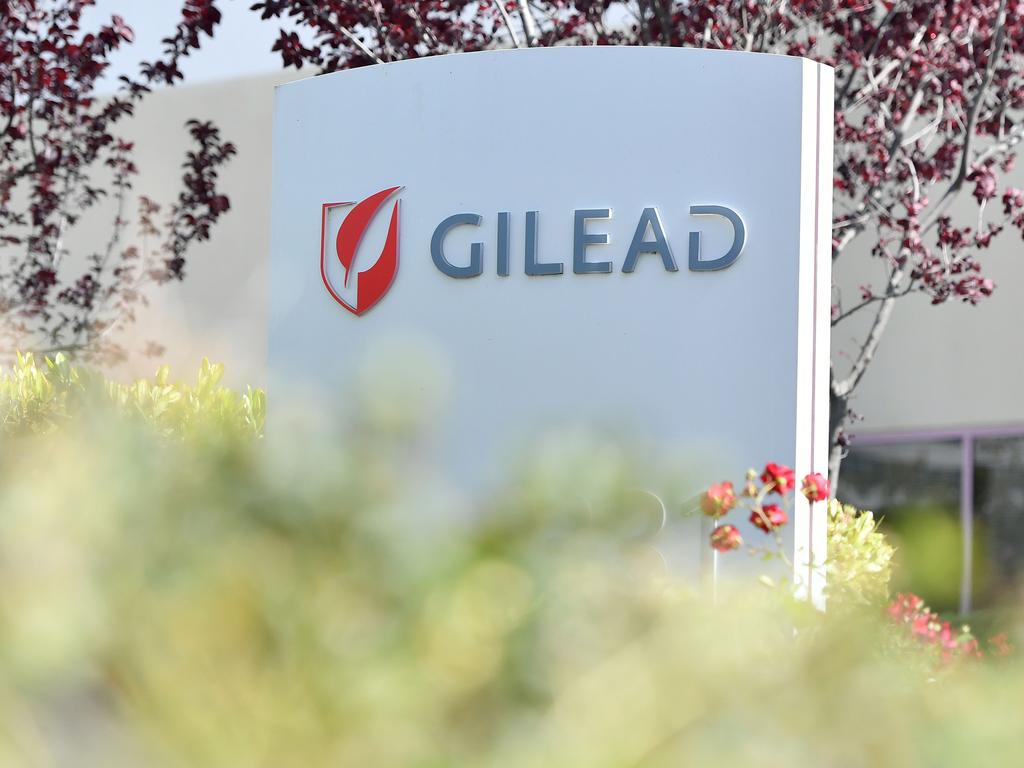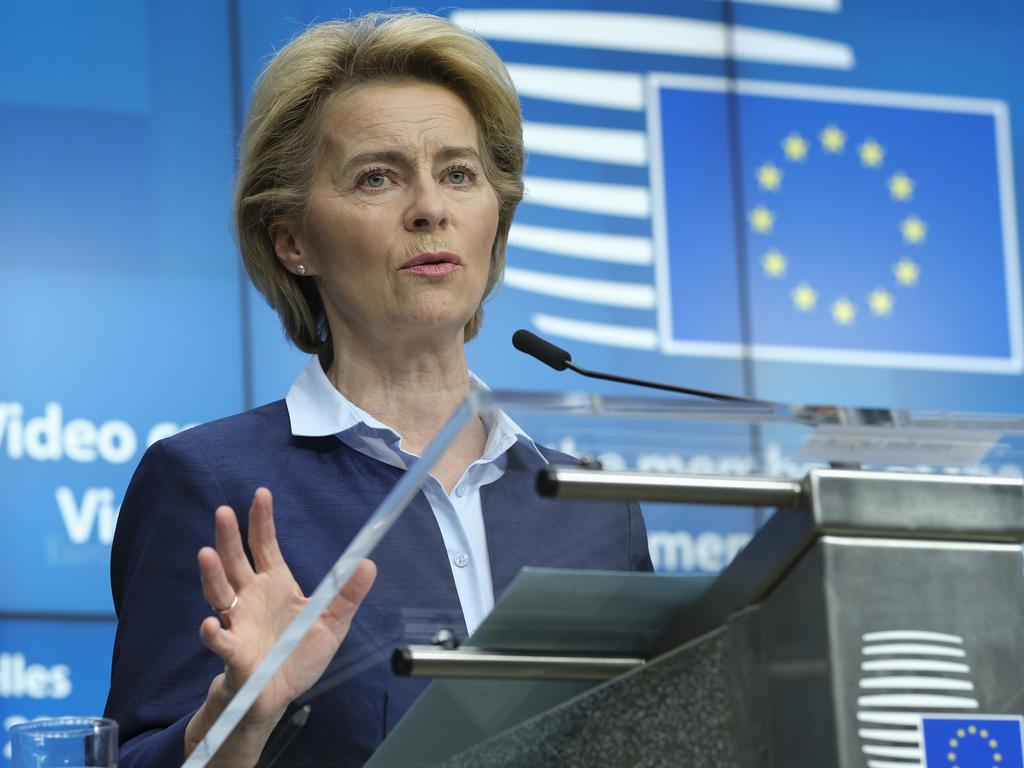COVID-19 vaccine frontrunners emerge as rollout debate rages
Drugmakers build capacity to make hundreds of millions of doses, while governments discuss: who will get it first?

Governments and drugmakers are weighing how to roll out coronavirus vaccines, including reserving the first batches for healthcare workers, as several shots race to early leads.
Of more than 100 vaccines in development globally, at least eight have started testing in humans, including candidates from Moderna and Pfizer.
At the same time, pharmaceutical giants like Johnson & Johnson, AstraZeneca and Sanofi are building capacity to make hundreds of millions of doses of their own or their partners’ vaccines.
The efforts are part of a larger rush, including at the White House, to line up funding for accelerated testing and expanded manufacturing capacity, all to make doses available in the US starting as soon as this fall.
A safe and effective vaccine is the best way to prevent COVID-19, the respiratory disease caused by the new coronavirus, and to curb its transmission, public-health officials say. Drugmakers say they are developing potential coronavirus vaccines at remarkably fast speeds.
Yet there isn’t a guarantee that any of the most advanced vaccine candidates will prove to work safely on such a short timetable. Some, like vaccines from Pfizer and Moderna, are based on relatively new technologies that haven’t been approved previously.
Once a vaccine is proved in clinical testing to work safely, drugmakers expect the US Food and Drug Administration would move quickly to permit its use, even if the agency doesn’t have all the evidence it typically collects before granting an approval.
The FDA authorised such an emergency use of the drug remdesivir from Gilead Sciences, for treating hospitalised COVID-19 patients on May 1, days after a study showed it shortened hospital stays.
The agency, which regulates drugs and vaccines, “will make use of all appropriate regulatory authorities and provide rapid advice to expedite the development and availability of a safe and effective COVID-19 vaccine,” an FDA spokesman said.
Several drugmakers that have been building up their capabilities to make coronavirus vaccines, have pledged to deliver millions of doses this year. Yet a fuller supply to vaccinate the general population might not become available until well into 2021, according to company projections and estimates by vaccine experts.
Public health officials and vaccine experts hope more than one vaccine will cross the finish line, to boost the total number of doses available.
“Ideally we’d want seven or eight billion doses the day after licensure, so we can vaccinate the whole world,” said Walter Orenstein, associate director of Emory University’s vaccine centre in Atlanta. “The likelihood is we won’t have enough to vaccinate even the entire US population” when a vaccine first becomes available, he said.
The prospect of limited initial supplies has triggered manoeuvring over which countries get first dibs. Companies receiving US federal grants, including J&J, Moderna and Sanofi, are expected to reserve some doses for Americans, according to industry officials.
The non-profit Coalition for Epidemic Preparedness Innovations, which promotes the equitable allocation of vaccines around the globe, recently agreed to give more than $US380 million to Novavax to help develop a vaccine that would be made in various countries for distribution worldwide.
In the US, a government agency such as the Centers for Disease Control and Prevention would probably decide where newly authorised vaccines should be delivered and which groups should get immunised first, public health experts say.
State health officials are discussing whether to mobilise for coronavirus immunisation an existing network of state agencies that run childhood vaccination programs at public clinics and via private healthcare providers under the CDC’s supervision, said Claire Hannan, executive director of the Association of Immunisation Managers, which represents state immunisation officials.
Groups likely to be at the head of the line for access are frontline healthcare workers and first responders, plus essential workers like grocery, pharmacy, food-supply and mass-transit employees, said Paul Offit, director of the Vaccine Education Center at Children’s Hospital of Philadelphia, who serves on a committee with federal and drug-industry officials that is trying to accelerate coronavirus vaccine development.
Johnson & Johnson expects to have some batches of its vaccine ready by early 2021, which Chief Scientific Officer Paul Stoffels said should be sufficient to vaccinate healthcare workers globally. The company expects to eventually make more than a billion doses.
Moderna is expanding its vaccine production capacity, including via a partnership with Swiss contract manufacturer Lonza, to make tens of millions of doses a month by the end of this year, and eventually as many as one billion doses a year, said Chief Executive Stephane Bancel.
Drugmakers probably won’t seek to tweak or improve vaccines that enter distribution because that would require another regulatory approval, said Florian Krammer, professor of vaccinology at the Icahn School of Medicine at Mount Sinai in New York.
Testing of early vaccines could show the way for subsequent shots, however, by giving researchers a better idea of the level of immune response needed to provide protection against the virus, Emory’s Dr Orenstein said.
One open question is whether the elderly will benefit from a coronavirus vaccine. Immune systems decline with age, which can reduce vaccines’ effectiveness in older adults.
Some of the uncertainty lies in the design of some early coronavirus vaccine trials, which enrolled healthy volunteers from 18 to 55 or 60 years old to get a quick read on safety in people more likely to endure any side effects.
“Older adults tend to have less robust immune responses to vaccines, so we can’t necessarily extrapolate what happens in younger adults to what might happen in older adults,” said Dr Lisa Jackson, a senior investigator at one of the study sites for the Moderna vaccine, the Kaiser Permanente Washington Research Institute.
The National Institute of Allergy and Infectious Diseases, however, recently expanded enrolment in a continuing trial of the vaccine it co-designed with Moderna to include adults older than 55.
The Wall Street Journal







To join the conversation, please log in. Don't have an account? Register
Join the conversation, you are commenting as Logout